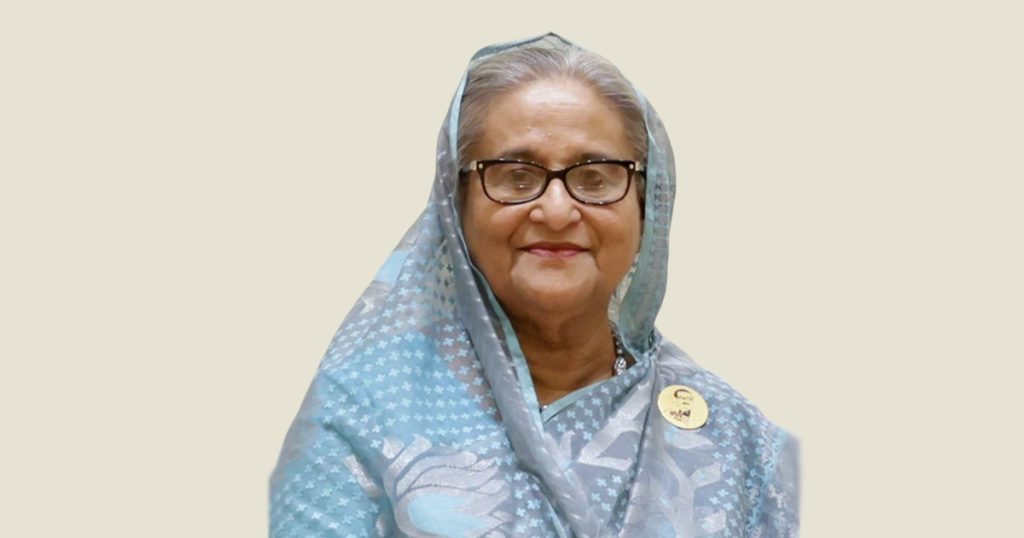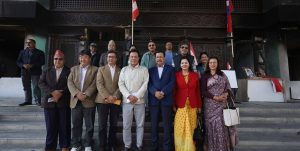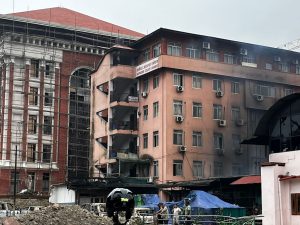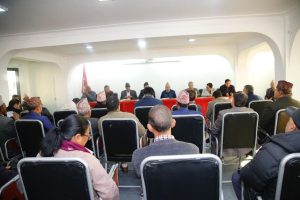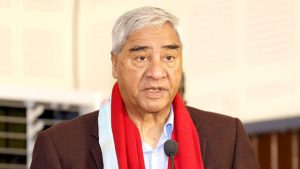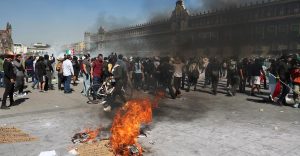Bangladesh’s exiled former prime minister Sheikh Hasina has been sentenced to death after a special tribunal found her guilty of crimes against humanity. The verdict was delivered on Monday, according to international media outlet BBC.
The tribunal ruled that Hasina was responsible for widespread violence during the student uprising in July–August last year. The case proceeded in her absence, as she has been living in India under political exile.
The 453-page verdict was read out by Judge Mohammad Golam Murtaza Majumdar, who presented it in six parts. Bangladesh Television broadcast the announcement live.
Five Charges, Three Defendants, and Active Arrest Warrants
In June, prosecutors registered five formal charges against Sheikh Hasina and two others. Based on those charges, arrest warrants had been issued for Hasina and former home minister Asaduzzaman Khan Kamal.
Prosecutors argued that Hasina played a central role in the violence that spread across the country during the uprising. They reported that 1,400 people were killed and around 25,000 injured during the July–August protests, and they submitted a list of the deceased to the court.
A total of 747 pages of evidence were submitted. The court found the three defendants guilty of murder, attempted murder, conspiracy, incitement to violence, and operational involvement in violent incidents.
‘Razakar’ Comment Cited as Key Evidence
Prosecutors stated that the tribunal relied heavily on Hasina’s remarks from July 14, when she was prime minister. During a press conference, she referred to protesting students as “children and grandchildren of Razakars.”
In Bangladesh, the term Razakar is considered highly offensive and refers to collaborators who supported the Pakistani army during the 1971 Liberation War.
According to the prosecution, this statement intensified nationwide tensions and contributed to the eruption of violence. They argued that senior government officials, security agencies, and groups aligned with the ruling Awami League carried out coordinated attacks on unarmed students and civilians.
Exile in India and Growing Political Reactions
Hasina fled to India after the uprising escalated last year and has been living under protection there. With the verdict now delivered, the arrest warrants issued earlier against her and former minister Kamal remain active.
The ruling has triggered political debate in Bangladesh. Opposition parties have welcomed the tribunal’s decision, while Hasina’s supporters have described it as politically motivated and retaliatory. Analysts say the judgment is expected to influence Bangladesh’s internal politics and regional diplomatic dynamics.

